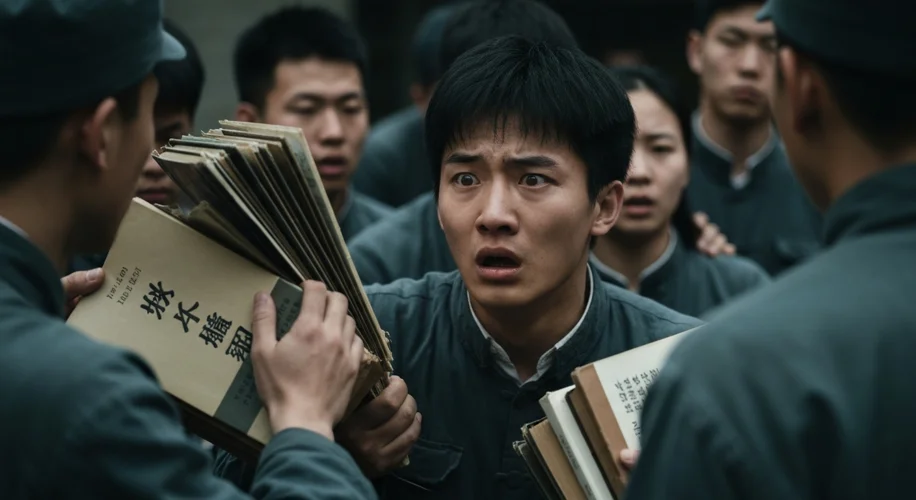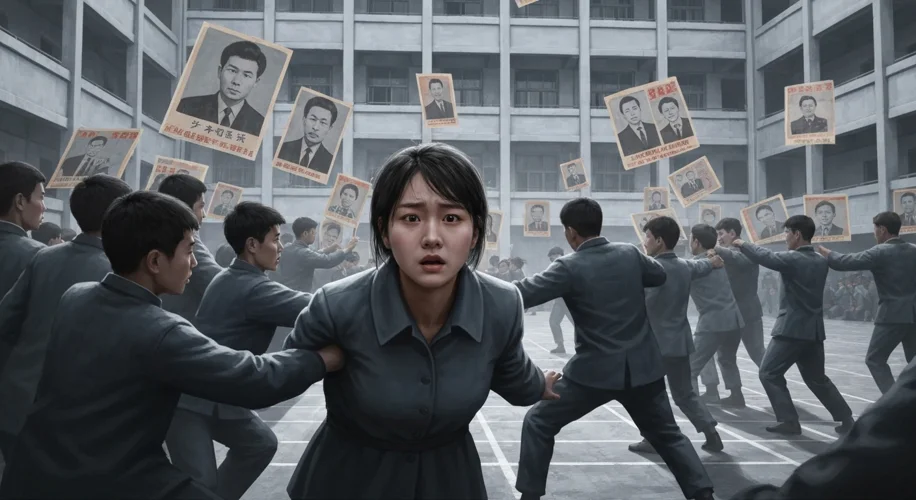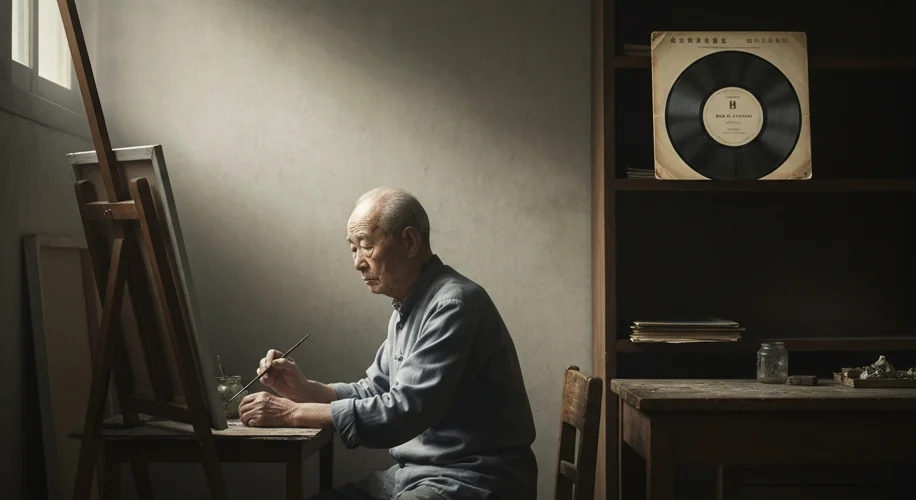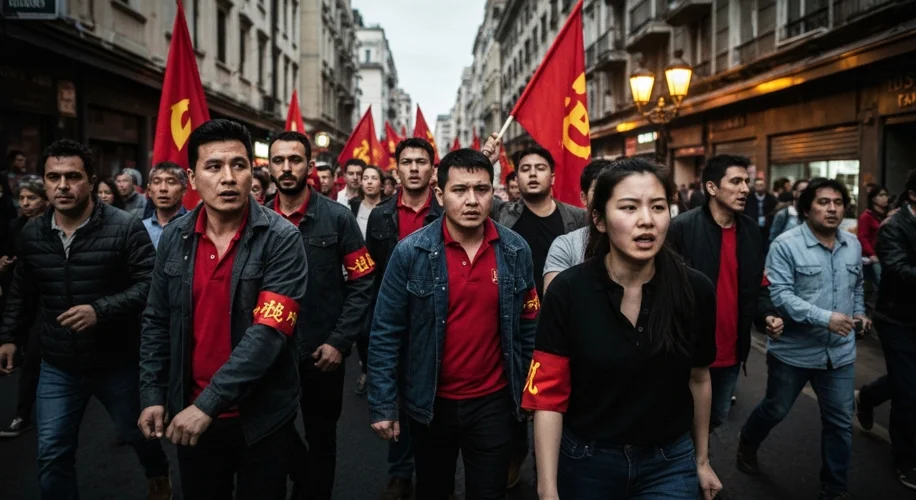The air in Beijing, September 1966, crackled not with the crispness of autumn, but with a feverish revolutionary zeal. Red Guards, their arms adorned with crimson armbands, marched with an almost hypnotic fervor, their voices chanting slogans that promised a radical rebirth of China. Amidst this storm, a young art student named Li Wei found his world imploding. His crime? Owning a few Western classical music records and a translated copy of Shakespeare.

The Cultural Revolution, launched by Mao Zedong in 1966, was a decade-long tempest that aimed to purge capitalist and traditional elements from Chinese society. It was a period characterized by widespread political upheaval, the destruction of cultural heritage, and the persecution of millions. While the grand narratives speak of class struggle and ideological purity, the true story lies in the shattered lives of ordinary individuals caught in its relentless tide.
Li Wei’s story was tragically common. His parents, once respected intellectuals, were now labeled ‘bourgeois elements.’ Their home, once filled with the aroma of jasmine tea and the quiet rustle of books, became a target. One sweltering afternoon, a group of Red Guards, their faces contorted with a mixture of righteousness and youthful fervor, burst into their apartment. Li Wei watched in horror as his father was dragged away for ‘re-education,’ his crime being his perceived intellectual arrogance. His mother, a gentle woman who taught him to appreciate the beauty in a simple brushstroke, was forced to publicly denounce her husband, her voice cracking with a pain that echoed in the silence of their ransacked living room.
The state’s apparatus of surveillance was pervasive. Neighbors were encouraged to report on neighbors, students on teachers, and children on parents. This pervasive atmosphere of distrust sowed seeds of fear so deep that even whispers could be dangerous. Mei Ling, a schoolteacher in Shanghai, discovered this firsthand when a former student, eager to prove his revolutionary credentials, accused her of subtly undermining Mao’s teachings. Mei Ling, who had always treated her students with kindness, found herself paraded through the streets, subjected to humiliating criticism sessions, her years of dedication earning her nothing but scorn and ostracization.

The psychological toll was immense. Families were torn apart, friendships shattered, and a generation grew up in a climate of fear and suspicion. Children were indoctrified into a cult of personality around Mao, taught to see their elders’ past achievements as capitalist sins. The constant pressure to conform, to denounce and confess, created an environment where genuine human connection withered.
Beyond the immediate persecution, the Cultural Revolution left indelible marks on China’s cultural and intellectual landscape. Countless ancient artifacts were destroyed, libraries burned, and intellectuals forced into manual labor, their knowledge suppressed. This not only represented a loss of history but also a stifling of creativity and critical thinking for decades to come.
The aftermath of the Cultural Revolution saw a gradual process of reappraisal, with leaders admitting to the catastrophic errors of the period. Yet, for individuals like Li Wei and Mei Ling, the scars ran deep. Li Wei, after years of arduous labor in the countryside, eventually returned to Beijing, but the joy of art was forever tinged with the memory of its suppression. Mei Ling, though eventually exonerated, never truly recovered from the betrayal and public humiliation.

The Cultural Revolution stands as a stark reminder of how political ideology, when unchecked, can unleash devastating consequences on the lives of ordinary people. It underscores the vital importance of protecting individual freedoms, fostering critical thinking, and remembering that behind every historical event are human stories, often marked by profound suffering and resilience. The echoes of this tumultuous decade continue to resonate, a somber testament to the fragility of peace and the enduring strength of the human spirit.

